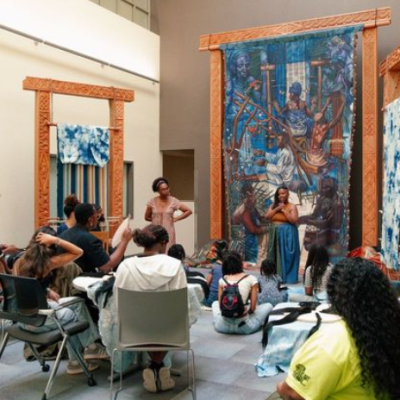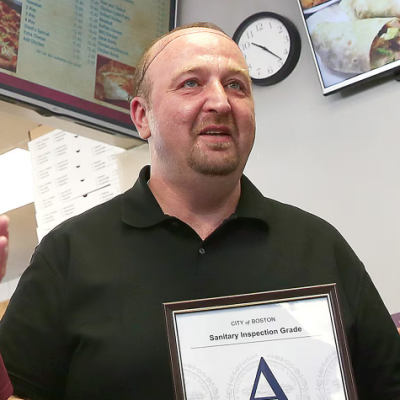Bladder police: restrictive bathroom policies hurting students at Boston Latin Academy
It is no secret that kids don’t always take the hall pass to use the bathroom, and while most students do utilize these passes as intended, there are a select number of people who abuse this privilege. At Boston Latin Academy, students’ misuse of on-campus restrooms has caused rampant issues for school administration over the past few years.
Fights and vandalism are common in bathrooms at school, and both faculty and students have reported finding pure nicotine, vapes, weed, and even bullets in the restrooms. Though it isn’t uncommon to spot a Latin Academy student vaping on school grounds, the bathrooms, especially in this regard, are treated with an exceptional lack of respect. In addition, they are also witnesses to fights, vandalism, poorly kept tiling and stalls, and are often riddled with puddles, vulgarity, and toilet paper.
Lindsay Boggs, a history teacher at Boston Latin Academy, said that the problem got even worse last year. “Massive groups of people were going in there,” she said. “[There were] bad smells; and honestly, plenty of fights. It was kind of like that, even at every routine time of the day.”
Her perspective offers a unique new side to the situation; being located far away from administration and right next to the third-floor boy’s restroom, Boggs not only faces a lot more on her own but also is a firm believer in advocating for students, whereas many other teachers might see to it that students are collectively punished en masse with no forethought.
Despite this, it still seems reasonable, from the school’s perspective, that it would be imperative for access to these restrooms to be limited. However, efforts made by administration to crack down on bathroom use have created stressful situations that every student has a possibility of facing; long lines, still dirty restrooms, and sometimes no access to the restrooms— despite these misdeeds being perpetuated by a small fraction of the whole school.
When I returned to school in 9th-grade post-quarantine, drugs and weapons regularly made their way into the restrooms on campus. In response, the school enlisted administrators or other adults to keep us out of the bathrooms during lunch.
But as the year dragged on, they cracked down on these restroom rules even more, enforcing them during class periods after it came to light that drugs and weapons were being used and left in the bathrooms.
The year after, and this year too, the bathrooms would almost always be locked during lunch and breakfast. During the day, it was also random. Some bathrooms, on a given day, during a particular period, might be open, while others would simultaneously be locked: there was no predictable way to figure out when a bathroom would be available, and that situation has only worsened as of late.
However, to the administration’s credit, the incidents of fights and illegal activity in bathrooms decreased with these changes. Yet it hasn’t stopped the behaviors entirely. Major fights on campus have occurred more frequently in the past two years than before, and brought media attention, like when two students got into a fight and one went to the hospital as a precaution.
The rise in violent incidents at school last year led to more bathroom restrictions: boys’ and girls’ restrooms now feature master locks, preventing access to two-thirds of Latin Academy’s bathrooms.
Yet long lines and strict limits to the number of students in the restrooms now keep students waiting for extended periods. This means that not only are they missing out on class time, but that the administration is creating a stressful environment for students in a place meant to relieve them.
Boggs agrees that the loss of the bathroom is a problem and that the school should not be punishing all students for the actions of a few.
“The bathroom is a basic human need. […] That small group of people shouldn’t necessarily infringe upon people who are using the bathroom for exactly what it’s meant for.”
Still, neither Boggs nor I have an answer. Giving students free access to the bathroom is not the solution but locking students out of the bathroom when they need to use them is denying them their basic rights. The administration should consider its next steps carefully, as adding more locks will only cause more harm to our students. Considering everything else we have to concern ourselves with(a list far too long for me to even begin writing), should this be where we draw a line of action?







